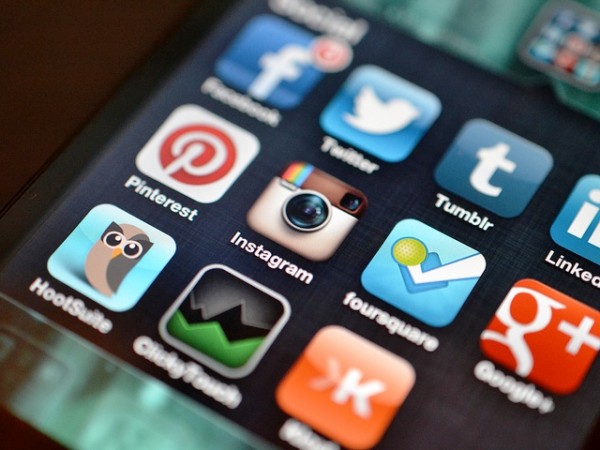Majority of Health Experts Do Not Trust Facebook or Twitter to Publish Researches: Survey

About 65 percent of health experts and researchers do not use Facebook or Twitter to publish their findings, according to a survey.
The use of social media has boomed in the various facets of business and communication industry to make knowledge and information available on a large scale to the audience. But, experts from the Perelmen School of Medicine at the University of Pennsylvania discovered poor usage of social media sites in presenting medical and research studies.
Their study involved nearly 215 health and health policy researchers who were surveyed to note the trends in the use of traditional media and social media sites to communicate health-related information and topics. It was observed that over one-sixth of participants used traditional media sources like press releases, academic journals and interviews. Even though the participants believed social media is more convenient and effective in reaching out to the audience, many refrained from using it. Only 14 percent of health professionals used twitter and 20 percent relied on blogging and facebooking.
The respondents felt social media did not have the same appeal as traditional media. They assumed their research will not be taken seriously by their peers and institutions who perceive social media as 'junk' .
"Our study uncovered four central findings, said David Grande, study author and assistant professor of Medicine at Penn Medicine in a news release.
"First, most health policy researchers are not using social media to communicate their research results, which could be a significant missed opportunity to expose a larger audience to important health news and findings."
The study found many participants thought they could not publish their material on twitter because of its 140 word limit. However, younger generation researchers were found to be more inclined to use social media than their seniors.
These results highlight the need to promote the use of social media particularly in the domain of health to assist public health policies and strategies.
"Social media channels are promising tools for closing this gap, provided they are used appropriately and effectively. As a first step, medical schools and health care institutions should help to educate researchers on how to properly use these channels to circulate their research findings and discuss implications," said Zachary Meisel, co-author and assistant professor of Emergency Medicine at Penn University.
More information is available online in the journal Health Affairs.
Jun 07, 2014 08:41 AM EDT





